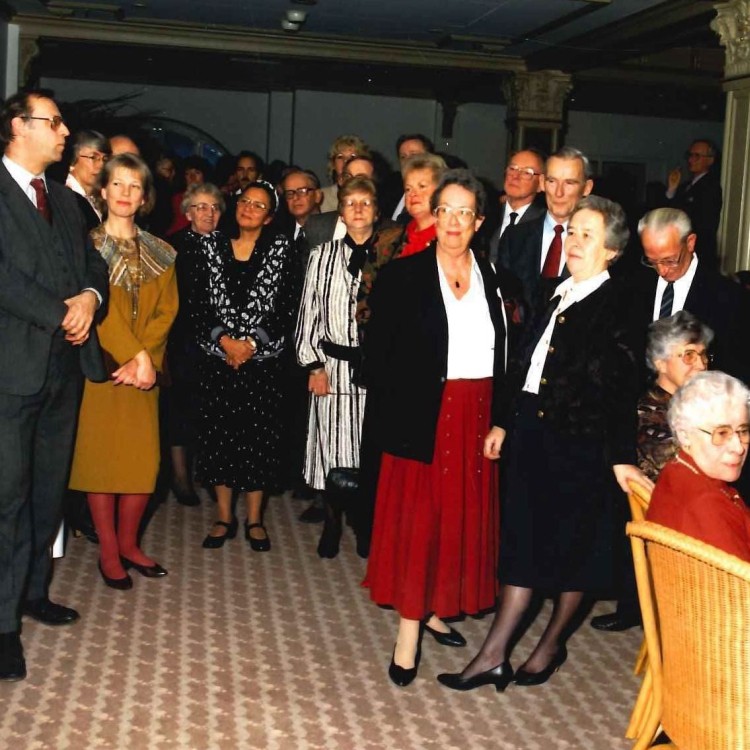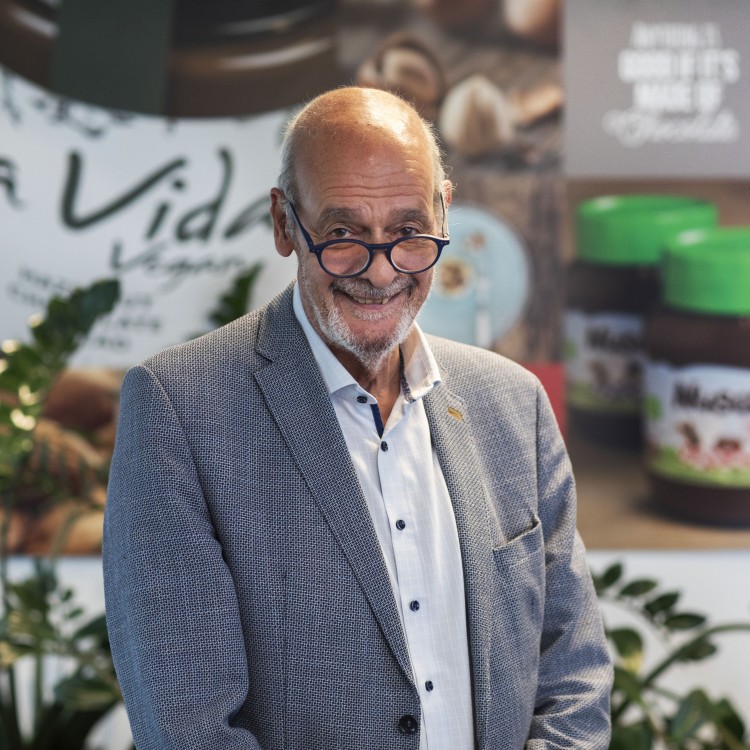

Waarom ik niet word vervangen door een robot
A MISTAKE IS EASILY MADE…
This has the advantage that our work increasingly becomes easier. Previously, we needed to fill in a filing form by hand. This sometimes resulted in illegible data being submitted (totally misinterpreting the inventor's name, for example), and we had to work hard to correct it. A (typing) error can still occur, but (if proven to be a typing error) it is usually easy to correct.
… EVEN WHEN USING ADVANCED IT SYSTEMS
Where people work, mistakes can never be completely ruled out, even when using the most ingenious IT solutions. And that is the biggest reason why I am not concerned that my work will one day be taken over by robots or computer systems. Imagine a world where a client could send a typed document by email with inventor and applicant details, which is automatically read by a computer system and submitted by linking our system with the online submission system. In this optimized world it is still possible for things like a punctuation mark or a reference number to be incorrect. So that has to be checked by a second pair of eyes - human eyes.
INDISPENSABLE HUMAN CONTROL
The letters we receive from agencies also need human checking. For instance, on several occasions, I received an Office Action (substantive objection) even though there had not yet been a novelty report (i.e., government report on whether a patent application is found to be new and inventive), when there should have been one for that country. We then have a deadline for which I have to make a formal request to cancel it. Our docketing system, which automatically enters all deadlines, had accepted the document, but gave an error not being able to process the document correctly. I quickly found out that the error was caused because we did not receive the notice of grant before receiving the certificate. Fortunately…”
That shows the need for a human pair of second eyes: where people AND computers work, mistakes are made. Besides, clients always seem to ask exactly what the automated system cannot provide, requiring yet another creative (human!) workaround to answer the question. People like me are there to bring in just that unique human ingenuity.



